When it comes to maintaining a comfortable home or business, the efficiency of your HVAC system plays a crucial role. Understanding HVAC system efficiency ratings can help you make informed decisions that impact not only your comfort but also your energy bills. These ratings are essential indicators of how well your system uses energy, and higher efficiency often translates to lower operational costs and a smaller environmental footprint. In this guide, we’ll break down the different types of HVAC efficiency ratings and why they matter for your home or business.
What Are HVAC Efficiency Ratings?
HVAC efficiency ratings are numerical values that indicate how effectively a heating or cooling system uses energy. These ratings help consumers compare the energy efficiency of different HVAC systems, ensuring they choose the most cost-effective and environmentally friendly options. Here are some key terms you need to know:
- SEER (Seasonal Energy Efficiency Ratio): Measures the cooling efficiency of air conditioners and heat pumps over a typical cooling season. Higher SEER ratings indicate greater efficiency.
- AFUE (Annual Fuel Utilization Efficiency): Applies to furnaces and boilers, indicating how efficiently the unit converts fuel into heat over a year. Higher AFUE percentages mean better fuel efficiency.
- HSPF (Heating Seasonal Performance Factor): Used for heat pumps, it measures heating efficiency over a typical heating season. Like SEER, a higher HSPF rating means better performance.
- EER (Energy Efficiency Ratio): Similar to SEER but measures efficiency at a specific temperature. EER is useful for understanding performance in consistently hot climates.
Understanding these ratings can help you make better choices for your HVAC system, leading to improved energy savings and comfort.
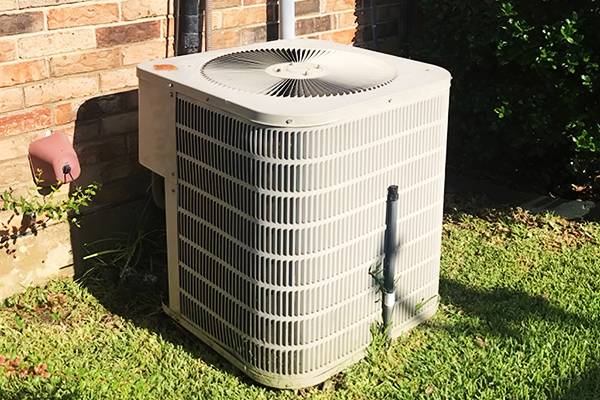
Types of Efficiency Ratings
| Rating | Applies To | What It Measures | How It’s Calculated | What It Means |
| SEER (Seasonal Energy Efficiency Ratio) | Air Conditioners, Heat Pumps | Cooling efficiency over a cooling season | Total cooling output (BTUs) ÷ Total electrical energy input (watt-hours) | Higher SEER = Greater energy efficiency |
| AFUE (Annual Fuel Utilization Efficiency) | Furnaces, Boilers | Fuel efficiency over a year | (Heat output ÷ Fuel input) × 100% | Higher AFUE = More efficient fuel use |
| HSPF (Heating Seasonal Performance Factor) | Heat Pumps | Heating efficiency over a heating season | Total heat output (BTUs) ÷ Total energy consumed (watt-hours) | Higher HSPF = Better heating performance |
| EER (Energy Efficiency Ratio) | Air Conditioners | Cooling efficiency at a specific temperature | Cooling capacity (BTUs per hour) ÷ Power input (watts) | Higher EER = More efficient cooling |
These ratings provide a comprehensive way to compare the efficiency of different HVAC systems. Choosing a system with higher ratings can lead to significant energy savings and better performance.
Why Efficiency Ratings Matter
Efficiency ratings are more than just numbers—they have a direct impact on your energy consumption, utility bills, and environmental footprint. Here’s why they matter:
Impact on Energy Consumption and Utility Bills
Higher efficiency ratings mean that your HVAC system uses less energy to heat or cool your home or business. This translates to lower monthly utility bills, allowing you to save money in the long run. For instance, upgrading from a 10 SEER unit to a 16 SEER unit can reduce your cooling costs by up to 38%.
Environmental Benefits
Efficient HVAC systems use less energy, which reduces the demand on power plants and lowers greenhouse gas emissions. By choosing high-efficiency systems, you’re contributing to a healthier planet. This is especially important as concerns about climate change and environmental sustainability grow.
Long-Term Savings and Return on Investment
Although high-efficiency HVAC systems might have a higher upfront cost, they often pay for themselves through energy savings over time. Additionally, many regions offer rebates and incentives for installing energy-efficient systems, further enhancing your return on investment. Over the lifespan of your HVAC system, these savings can be substantial.
Understanding and considering efficiency ratings when choosing your HVAC system ensures you’re making a wise investment that benefits your wallet and the environment.
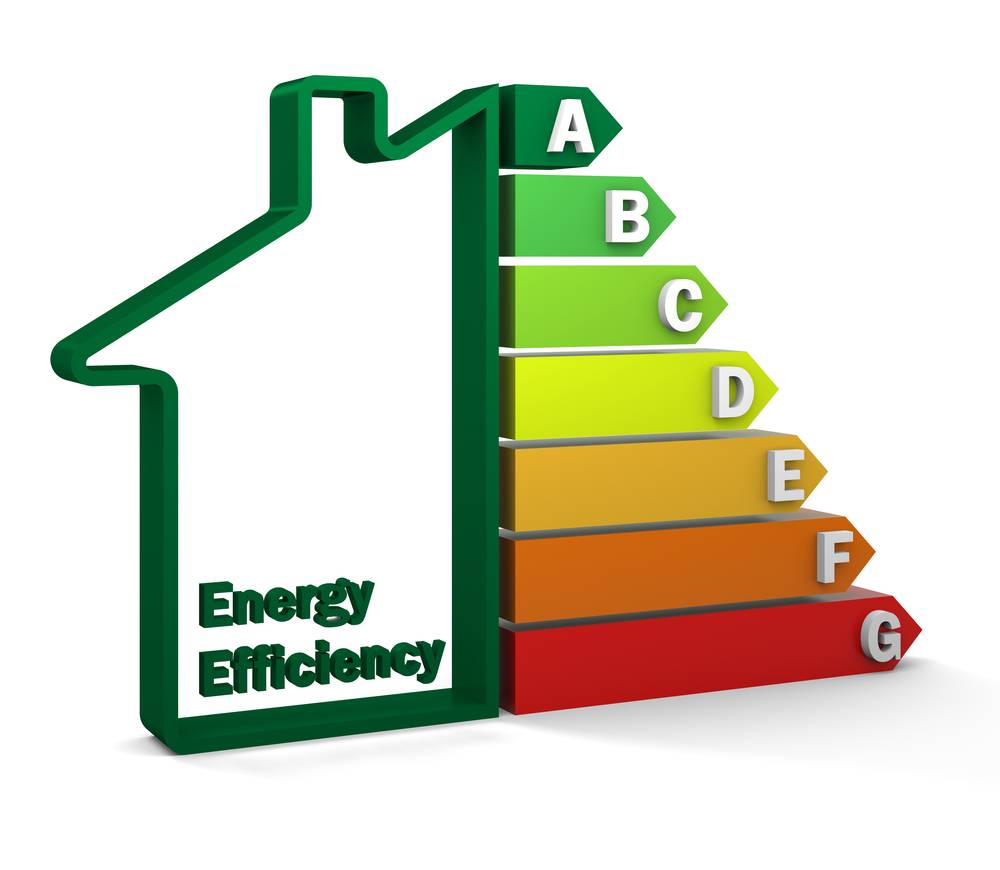
How to Choose the Right HVAC System Based on Efficiency Ratings
Factors to Consider
- Climate: The climate of your region plays a significant role in determining the type of HVAC system you need. For example, areas with extreme temperatures may benefit more from systems with high SEER and HSPF ratings.
- Home Size: Larger homes typically require more powerful systems, which should also be efficient to avoid excessive energy consumption.
- Usage Patterns: How often you use your HVAC system affects which efficiency ratings are most important. Frequent use calls for higher efficiency ratings to keep costs down.
Comparing Different Systems and Their Ratings
| System Type | Key Efficiency Ratings | Typical Efficiency Range | Considerations |
| Air Conditioners | SEER, EER | SEER: 13-25, EER: 8-15+ | Higher SEER and EER for better cooling efficiency, especially in hotter climates. |
| Heat Pumps | SEER, HSPF, EER | SEER: 13-25, HSPF: 8-13, EER: 8-15+ | Choose high SEER and HSPF for regions with both hot summers and cold winters. |
| Furnaces | AFUE | AFUE: 80%-98% | Higher AFUE for more efficient heating, particularly in colder climates. |
Importance of Professional Assessment and Installation
A professional assessment can help determine the best system for your specific needs. HVAC professionals can evaluate your home’s insulation, ductwork, and other factors that influence efficiency. Proper installation is crucial to ensure the system operates at its rated efficiency. Misinstallation can lead to reduced efficiency and increased costs.
For more personalized advice and to schedule a consultation, check out our residential services and commercial services.
Choosing the right HVAC system with the appropriate efficiency ratings ensures optimal performance, energy savings, and comfort.
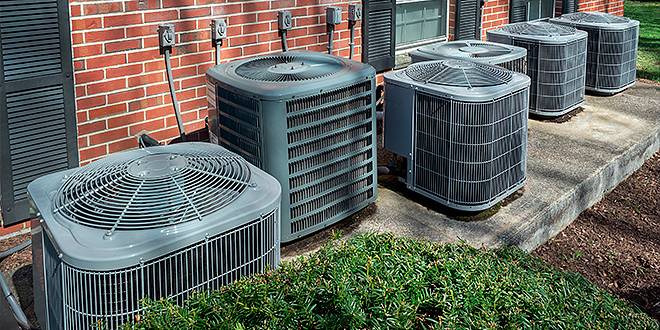
Maintaining Efficiency Over Time
To ensure your HVAC system continues to operate efficiently, regular maintenance is essential. Here are some tips to keep your system running at peak performance:
Regular Maintenance Tips
- Change Filters: Replace your HVAC filters every 1-3 months to maintain airflow and efficiency.
- Clean Coils: Dirt and debris on coils reduce system efficiency. Clean the coils annually.
- Inspect Ductwork: Leaks or blockages in ductwork can significantly reduce efficiency. Have ducts inspected and sealed if necessary.
- Check Thermostat Settings: Ensure your thermostat is set to optimal temperatures for energy savings. Consider using a programmable or smart thermostat.
Importance of Preventive Maintenance Plans
Enrolling in a preventive maintenance plan can help catch issues early before they become costly problems. Regular check-ups by HVAC professionals ensure your system is operating efficiently and can extend its lifespan. Our maintenance plans offer comprehensive services to keep your system in top shape year-round.
How Upgrades and Retrofits Can Improve Efficiency
If your system is older, consider upgrades or retrofits to enhance efficiency. Options include:
- Installing a Smart Thermostat: Smart thermostats learn your schedule and adjust temperatures for optimal efficiency.
- Upgrading to High-Efficiency Components: Replacing parts like the blower motor or adding variable-speed technology can improve overall efficiency.
- Sealing and Insulating: Properly sealing and insulating your home can reduce the load on your HVAC system, improving efficiency and comfort.
For a thorough evaluation of your home’s energy efficiency, consider our Home Energy Test.
Maintaining your HVAC system and considering upgrades can ensure it runs efficiently, saving you money and enhancing comfort.
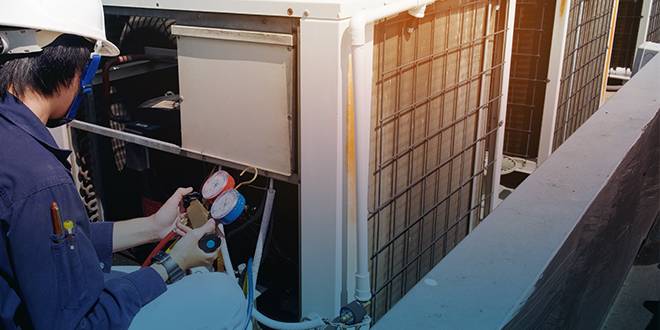
Conclusion
Understanding HVAC system efficiency ratings is crucial for making informed decisions that can significantly impact your energy bills, comfort, and the environment. By familiarizing yourself with terms like SEER, AFUE, HSPF, and EER, you can choose the right system for your home or business, ensuring optimal performance and energy savings.
High-efficiency HVAC systems might require a higher initial investment, but the long-term savings and environmental benefits make them a wise choice. Regular maintenance and professional installation are also key to maintaining your system’s efficiency over time.
If you’re looking to upgrade your HVAC system or need expert advice, don’t hesitate to consult with our team at Spencer Air Conditioning & Heating. Our comprehensive residential services and commercial services are designed to meet all your heating and cooling needs. For personalized recommendations and to schedule a consultation, visit our home energy test, or contact us here. Ready to take the next step? Schedule an appointment today!
By prioritizing efficiency ratings, you’re investing in a more comfortable, cost-effective, and eco-friendly future.



